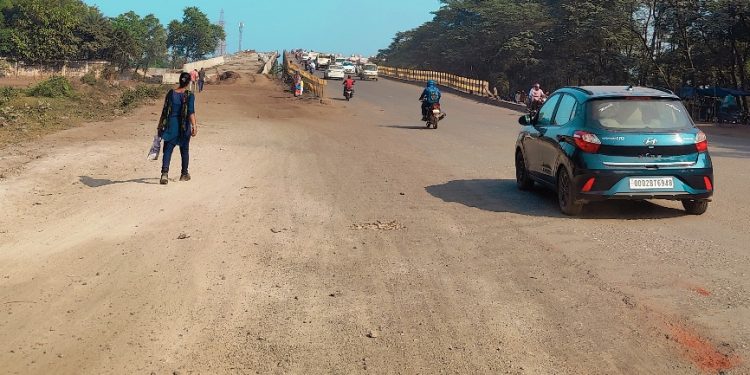Jajpur: The rapid industrialisation of many parts in the Jajpur district has been a catalyst to the spread of the deadly tuberculosis disease. The mining areas and places where industrial units have come up, have seen a 55% rise in tuberculosis (TB) cases in the past few years, sources pointed out Wednesday. This has created panic among the residents of the district, they added.
Before industrialisation, Jajpur district was predominantly an agriculture-oriented district. It witnessed mining activities in Sukinda much earlier than the industrialisation which started in Kalinganagar from 1995. Fifteen steel and cement plants as well as captive power units have been established on the banks of Brahmani river and its distributary Kharasrota river in little less than three decades. Some major steel plants are also undergoing expansions while mineral extraction is on in 10 chromite mines of Sukinda block and black stone mines in Dharmasala block. This has led to the rapid atmospheric pollution in these areas paving the way for spread of TB in the last 15 years. According to a report by the district Health department, 1,700 TB patients were identified in these industrial and mining areas in 2022. In 2023, another 1,635 persons were diagnosed with TB, taking the total tally to 3,335.
Out of these, 938 patients or 57 per cent were from mining and industrial areas. This fact demonstrates the rampant destructive effects of pollution. Sources said that dust and small particles of various minerals are the main reason behind the spread of tuberculosis and also other breathingrelated ailments. In 2022 a total of 1,626 patients recovered while 74 succumbed to the disease. The fatality and recovery rate for 2023 is not yet available. Among the 106 most polluted cities in the country six from Odisha feature prominently. The Kalinganagar industrial area in this district is the second most polluted place in Odisha.
The National Green Tribunal has time and again expressed concern over the pollution level in Kalinganagar. It has been alleged that 90 persons from Manpur village under Dhuligad panchayat of Danagadi block near Kalinganagar have fallen prey to various pollution related diseases. Sources said that the main reason for this is that many industrial units switch off their electro-static preceptors (ESP) during holidays and at night. These plants are also releasing killer toxic fumes leading to the spread of tuberculosis, they added.
Residents of these localities had been hoping that the Odisha government and the district administration would take proper steps to reduce pollution. However, with nothing happening they have demanded rehabilitation to a cleaner place. When contacted, Pramod Kumar Behera, regional officer of SPCB at Kalinganagar said the air quality index at Kalinganagar is more than 100 which is not a good sign. The national clean air programme and other measures have been implemented to control pollution.






































